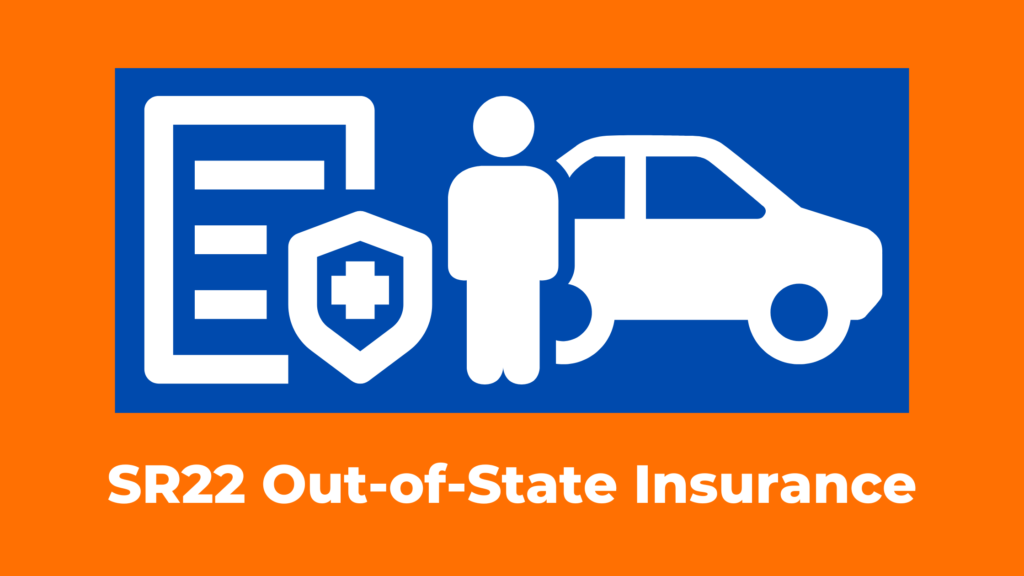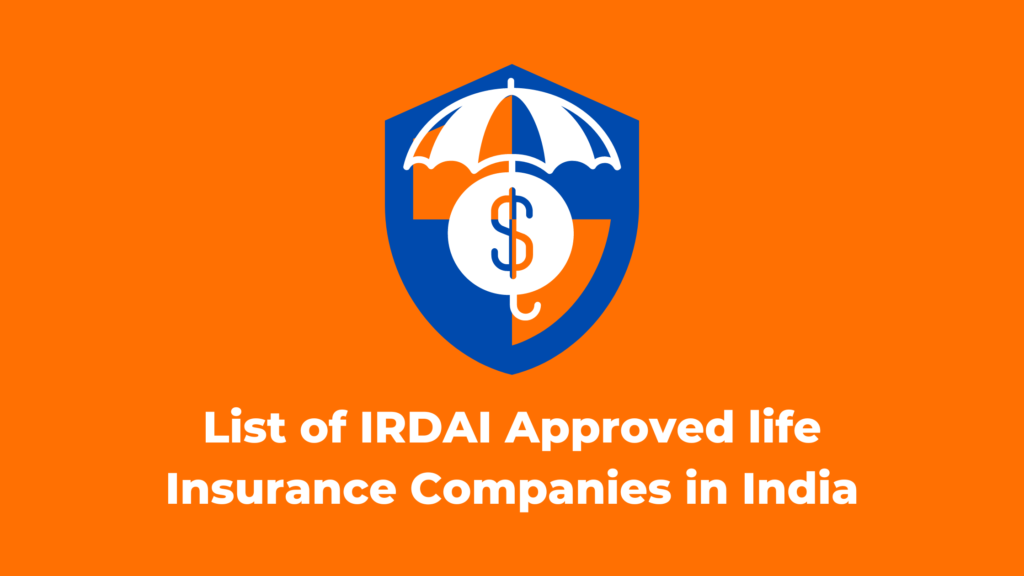You may have concerns about what an SR22 form of auto insurance is and why you need it if you are a driver who has been compelled to carry it. For drivers who have been convicted of certain driving-related charges, certain states require them to carry SR22 out-of-state insurance. In addition to the typical auto insurance policy, it is additional insurance that must be obtained. When a driver has a history of moving infractions, such as being found guilty of operating a vehicle without insurance or while inebriated, this sort of insurance is necessary. It’s also referred to as “high-risk” insurance frequently.
No matter where they live, all drivers need SR22 out-of-state insurance since it offers the extra security of making sure they are sufficiently insured for any potential driving-related incident. The major goal of this kind of insurance is to ensure drivers have the means to pay for any damages that might arise from an accident involving their vehicle. Also, it acts as a disincentive for motorists who might otherwise be enticed to operate a vehicle without insurance or in a risky manner. A driver is better protected and less likely to be involved in a serious accident if they have SR22 out-of-state insurance.
What is SR22 Out-of-State Insurance?
Non-owner SR22 insurance, commonly referred to as SR22 out-of-state insurance, protects drivers who do not own a car but may be obliged to have a particular level of liability coverage when they enter another state. An SR22 bond, another name for this kind of insurance, is a document that attests that a driver satisfies the standards for financial responsibility established by the state through which they are driving. One of the most popular types of insurance for those who don’t own cars yet occasionally need to travel to other states is SR22 out-of-state insurance.
Although not all states require SR22 out-of-state insurance, it is still vital to research the regulations in the state you will be visiting to ensure you have the appropriate coverage. It is crucial to be informed of the particular criteria for the state you are traveling to because the standards and levels of coverage can differ by state. For those who do not own a vehicle, SR22 out-of-state insurance is a crucial type of protection because it safeguards them in the event of an accident or other mishap when traveling.
What is the Difference between SR22 and Regular Insurance?
High-risk drivers can purchase SR22 insurance, a special kind of auto insurance. It is a statement made on paper by an insurance provider indicating the owner of the vehicle has the least amount of liability coverage mandated by the state. Drivers with many infractions, such as DUI, dangerous driving, or excessive speeding, typically need it. A financial responsibility form known as an SR22 is submitted to the state and doubles as insurance documentation.
SR22 insurance is more expensive and comes with more limitations than standard insurance. In most cases, the policyholder is required to keep the insurance in force for three years or until their driver’s license is restored. The driver’s license will be suspended if they don’t keep the insurance in force. SR22 insurance frequently has higher deductibles and premiums as well.
When is SR22 Out-of-State Insurance Required?
When a person is visiting another state without a car or when they have a car but are staying there for a long time, they usually need to get SR22 out-of-state insurance. SR22 out-of-state insurance may be necessary for drivers with a suspended license or who have been found guilty of specific driving-related charges, depending on the state. In some circumstances, SR22 out-of-state insurance may also be necessary if the driver has a history of more traffic infractions or collisions than is typical. If a driver is discovered to be a non-resident of the state they are visiting, they may also be required to carry SR22 out-of-state insurance.
It is crucial to confirm you have the appropriate coverage by looking up the state’s exact requirements before you depart. Also, it’s crucial to be aware of the needed levels of insurance coverage in the state you’ll be visiting, as these can differ from one place to another.
What Are the Benefits of SR22 Out-of-State Insurance?
The main advantage of SR22 out-of-state insurance is that it gives drivers who don’t own cars but might still need to go to other states the necessary level of financial responsibility. For drivers whose licenses have been suspended or who have been found guilty of specific driving-related charges, this form of insurance is frequently necessary. Furthermore, SR22 out-of-state insurance may offer supplementary security in the event of an incident while abroad.
The ability to avoid expensive fines or other consequences for not having the required amount of coverage is another advantage of having SR22 out-of-state insurance.
Another advantage of SR22 out-of-state insurance is that it can give drivers peace of mind when they are traveling in another state even if they may not have the required insurance.
What Are the Risks of Not Having SR22 Out-of-State Insurance?
Lack of SR22 out-of-state insurance might carry serious dangers. The most typical result is having your license canceled or suspended. Driving without SR22 insurance can result in significant fines, jail time, and other consequences. The other driver may also be able to sue you for damages if you cause an accident and are determined to be at fault. If you don’t have SR22 out-of-state insurance, you might not be permitted to drive until you do since it is against the law to do so in several jurisdictions.
Also, if your insurance provider discovers that you are operating a vehicle without SR22 out-of-state insurance, they may terminate your policy and you might have difficulties getting a new one.
Last but not least, failing to have SR22 out-of-state insurance may raise your insurance costs. Drivers without SR22 insurance are viewed as high-risk by many insurers, who may charge them much higher fees for their coverage. Sometimes, these rates may be too expensive for the motorist, making it difficult for them to obtain the necessary coverage.
What Are the Costs of SR22 Out-of-State Insurance?
SR22 out-of-state insurance premiums change according to the minimum levels of protection required by the destination state. The price may also change in accordance with the driver’s age, driving history, and other criteria. Due to the required supplementary coverage, SR22 out-of-state insurance is typically more expensive than standard auto insurance.
Finding the greatest deal requires doing your research and comparing prices from various insurance providers. Also, to guarantee that you have the needed coverage, it’s crucial to grasp the minimum levels of coverage that must be maintained in the state to which you’re traveling.
For drivers who don’t own a car but may still need to go to another state, SR22 out-of-state insurance can offer the required protection. Even though it could cost more than standard auto insurance, it’s crucial to ensure you have the right protection in place to safeguard yourself in the event of an accident or other disaster while traveling.
How Does SR22 Out-of-State Insurance Work?
Most states mandate SR22 out-of-state insurance, a sort of liability insurance, for drivers who have been found guilty of certain traffic offenses, like driving while intoxicated. In the event of an accident, this kind of insurance offers financial protection to the driver and the other parties involved. The SR22 must typically be obtained from an insurance company in the driver’s home state and kept on file for a predetermined amount of time as required by the state.
The insurance provider certifies that the driver has adequate liability coverage when an SR22 is issued by submitting documents to the state Department of Motor Vehicles.
In order to make sure that the driver is still abiding by the conditions of the policy, the insurance company might also be compelled to submit monthly reports to the state.
Instead of the driver, the insurance provider owns the SR22, which serves as proof of financial obligation. In the event of an accident, this means that regardless of whether the driver has any money or other assets, the insurance provider is responsible for providing financial protection. The insurance provider is liable for paying the damages and medical costs incurred by the other parties in an accident if the motorist is determined to be at fault.
What are the Different Types of SR22 Out-of-State Insurance?
Depending on the state the motorist resides in, SR22 out-of-state insurance may be necessary. SR22 insurance often comes in two flavors: non-owner and owner. Drivers who don’t own a car and are exempt from maintaining insurance are targeted by non-owner SR22 insurance. Owner SR22 insurance is designed for motorists who are required to have liability insurance and who also own a vehicle.
SR22 insurance for non-owners is often less expensive than SR22 insurance for owners. It offers financial protection for the driver and the other parties involved in an accident, but it does not cover damage to the driver’s car. Owner SR22 insurance, on the other hand, offers liability protection for the other parties involved in an accident as well as coverage for the driver’s car.
What to Consider When Choosing an SR22 Out-of-State Insurance Provider?
The price of the policy and the coverage it offers should both be taken into account when selecting an SR22 out-of-state insurance provider. To get the most incredible bargain, make sure to compare the coverage provided by several insurance companies. It’s also critical to confirm that the policy complies with the rules in the state where the driver resides. It is also crucial to take into account the insurance company’s customer service. To learn more about the quality of the company’s customer service, check online reviews and post inquiries. This will help to ensure that the business is dependable and that it can offer support if there are any problems with the coverage.
How to Obtain SR22 Out-of-State Insurance
The driver must get in touch with a company offering insurance in their home state to purchase an SR22 out-of-state coverage. The driver must next give the insurance provider the required documentation, including a copy of their driver’s license and proof of address. The insurance provider will then examine the documentation and decide if the driver qualifies for SR22 coverage. The insurance provider will issue an SR22 certificate of financial responsibility once it has been authorized. To finish the process, the certificate must be delivered to the state Department of Motor Vehicles. The SR22 must then be kept up to current for the specified amount of time, per state regulations.
Conclusion
In conclusion, having SR22 out-of-state insurance is crucial for being able to legally drive in the US. Drivers who have received driving-related convictions, such as for DUI or reckless driving, must make sure they have enough insurance and can comply with their state’s financial responsibility laws. When a driver travels outside of their home state, obtaining SR22 out-of-state insurance can assist shield them from the possible financial repercussions of not having enough insurance. Additionally, it ensures that other road users are adequately safeguarded in the event of an accident.
A crucial step in the legal procedure, SR22 out-of-state insurance can be pricey. In some places, there may be fines and even jail time for failing to obtain this kind of coverage. Remember that liability insurance, which is necessary by law in every state, is not a replacement for SR22 out-of-state insurance. It’s critical to consult your insurance provider about the best form of coverage for you to make sure you are fully protected.
Overall, having SR22 out-of-state insurance is crucial to driving responsibly. Even though it can be expensive, persons who have been found guilty of specific driving-related offenses must pay for it. Drivers can be confident they are complying with their state’s financial responsibility laws and are properly insured when traveling outside of their home state with this kind of coverage.

Pardeep is the founder and editor of Small Investment Ideas. He believes that everyone can change their life with the help of small investments and achieve financial freedom.


